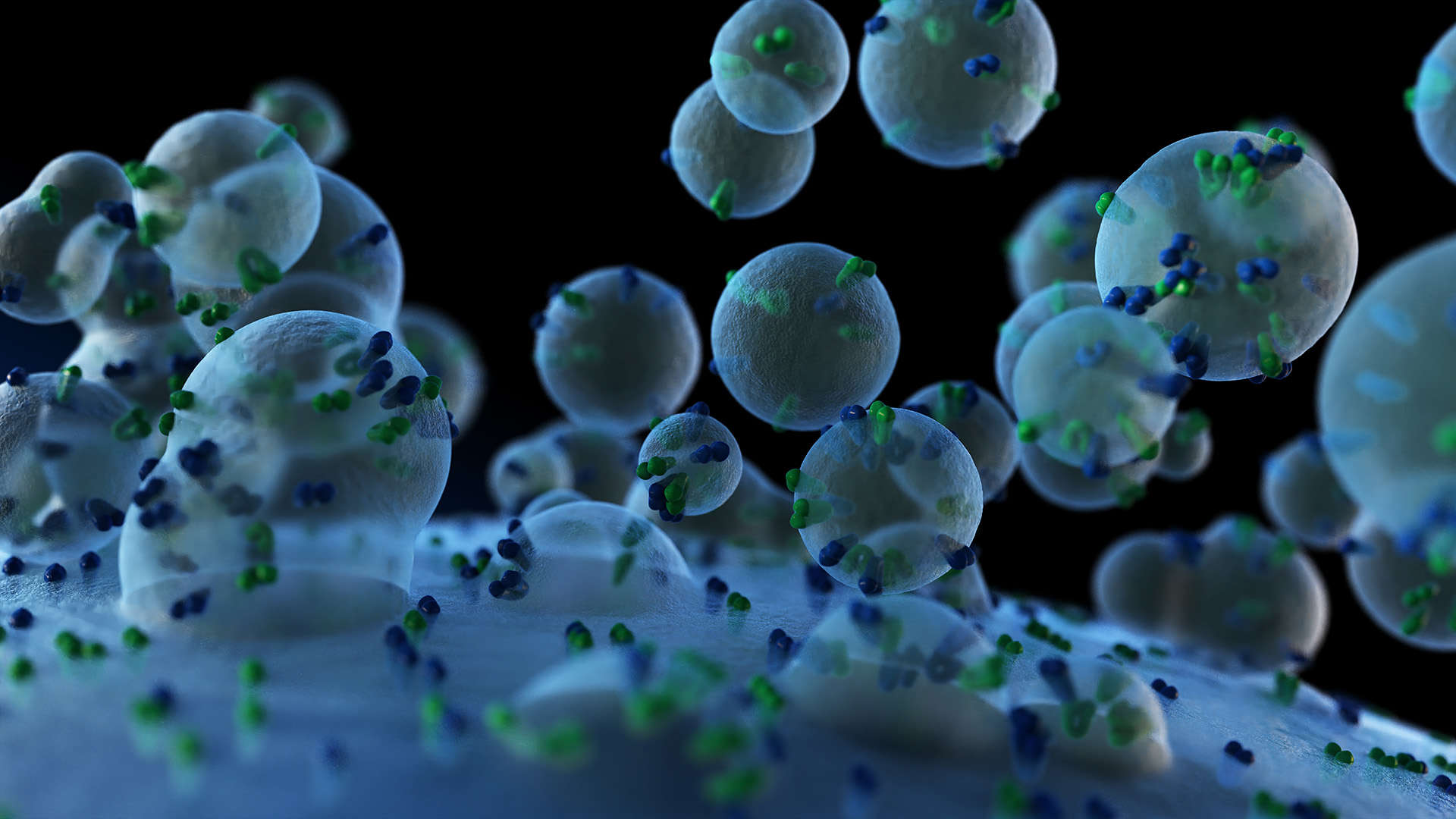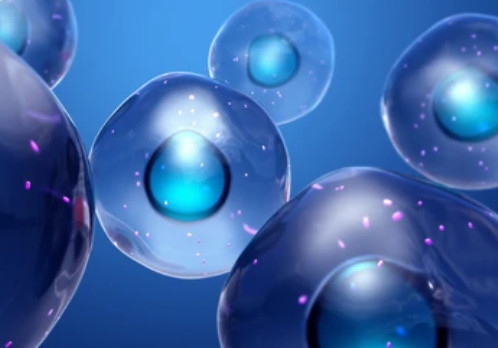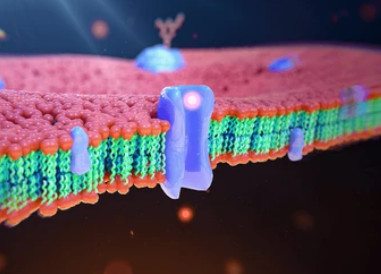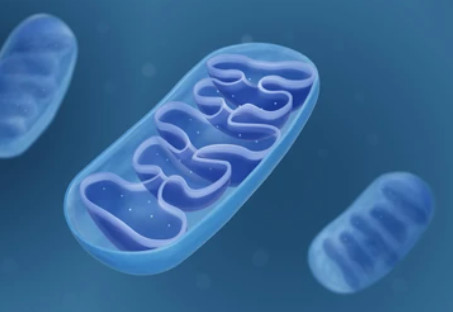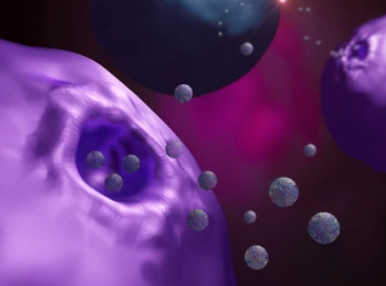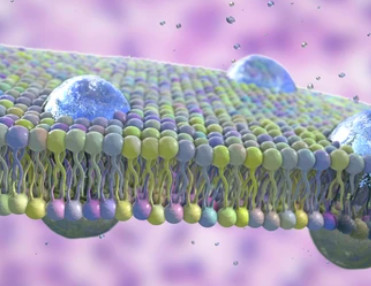Subcellular Untargeted Metabolomics Service
Online InquiryNon-targeted metabolomics can detect all metabolites in biological samples without bias, and screen the differential metabolites in the control group and the experimental group. Pathway analysis can further explain the biological role of differential metabolites in the metabolic pathways involved.
Based on NMR, GC-MS and LC-MS platforms, Creative Proteomics integrates HMDB, LipidSearch, MoNA, MassBank, METLIN, self-built database system and independent core algorithm to provide you with global and accurate non-targeted metabolomics analysis. We aim to accelerate the progress of the project by providing high quality data and comprehensive analytical reports for biopharmaceutical and research institutions.
Technology Platforms
| Technologies | Instruments | Sensitivity | Characteristics |
| Nuclear Magnetic Resonance Spectroscopy | 700 MHz Bruker Avance III HD | 10-6 |
|
| GC-MS | Finnigan TRACE DSQ GC-MS system with Electron Ionization (EI) and Chemical Ionization (CI) capability; 7200B GC/Q-TOF | 10-12 |
|
| LC-MS | Agilent Ion Trap LC-MS system | 10-15 |
|
Advantages of Untargeted Metabolomics Analysis Service:
- Advanced platform: Creative Proteomics has nuclear magnetic resonance, LC-MS, GC-MS platforms. Our mass spectrometer has ultra-high resolution, ultra-high sensitivity, fast scanning speed, and high throughput, which can identify more compound information.
- High quality database: Creative Proteomics provides a variety of authoritative database annotations for comprehensive analysis of detected substances. With self-built database, the identification of s ultra-high-volume substances can be realized.
- Professional bioinformatics analysis: We have a professional information analysis team to analyze the data results. Meet most journal requirements. Personalized information analysis based on customer needs.
- Rich experience: Creative Proteomics has 13 years of experience in proteomics and metabolomics analysis. We have a professional metabolomics team.
- Strict quality control: From sample processing, quality evaluation to machine testing, every step is strictly controlled to ensure the accuracy of the results.
- Cost-effective: Creative Proteomics can provide customers with comprehensive services to help you effectively save experimental costs.
Bioinformatics Analysis
| Analysis Content | Specific Analysis Content Included |
| Raw Data | - |
| Data Preprocessing + Database Search | - |
| Data Quality Control Analysis | Principal component analysis (PCA) of total samples |
| Metabolites Annotation | KEGG annotation, HMDB annotation and LIPID MAPS annotation |
| Differential Metabolites Screening | PCA analysis, Partial least squares-discriminant analysis (PLS-DA) and Volcano |
| Differential Metabolites Analysis | Venn diagram, Hierarchical cluster analysis, Correlation analysis and Z-score diagram |
| KEGG Enrichment Analysis | KEGG bubble chart and KEGG pathway diagram |
| ROC Analysis of Differential Metabolites | - |
Sample Requirements
| Sample Types | Sample Volume | Notes |
| Tissues (Plants and Animals) | ≥100 mg | The minimum weight should not be less than 50 mg. |
| Cells and Microbes Samples | ≥10 mg; Bacterial Solution ≥20 µL; Number of cells ≥107 |
It must be quenched. Need to quickly inactivate microorganisms with liquid nitrogen or organic solvents to stop their metabolism instantly |
| Biological Fluid (Plasma, Serum) | ≥200 µL | Repeated freezing and thawing of sample must be eliminated. The total volume is not less than 100 µL. Plasma is the fluid that removes blood cells after anticoagulation with an anticoagulant. Serum is the supernatant after blood clotting. Stored at -80°C. |
Related Services
* For Research Use Only. Not for use in diagnostic procedures.


